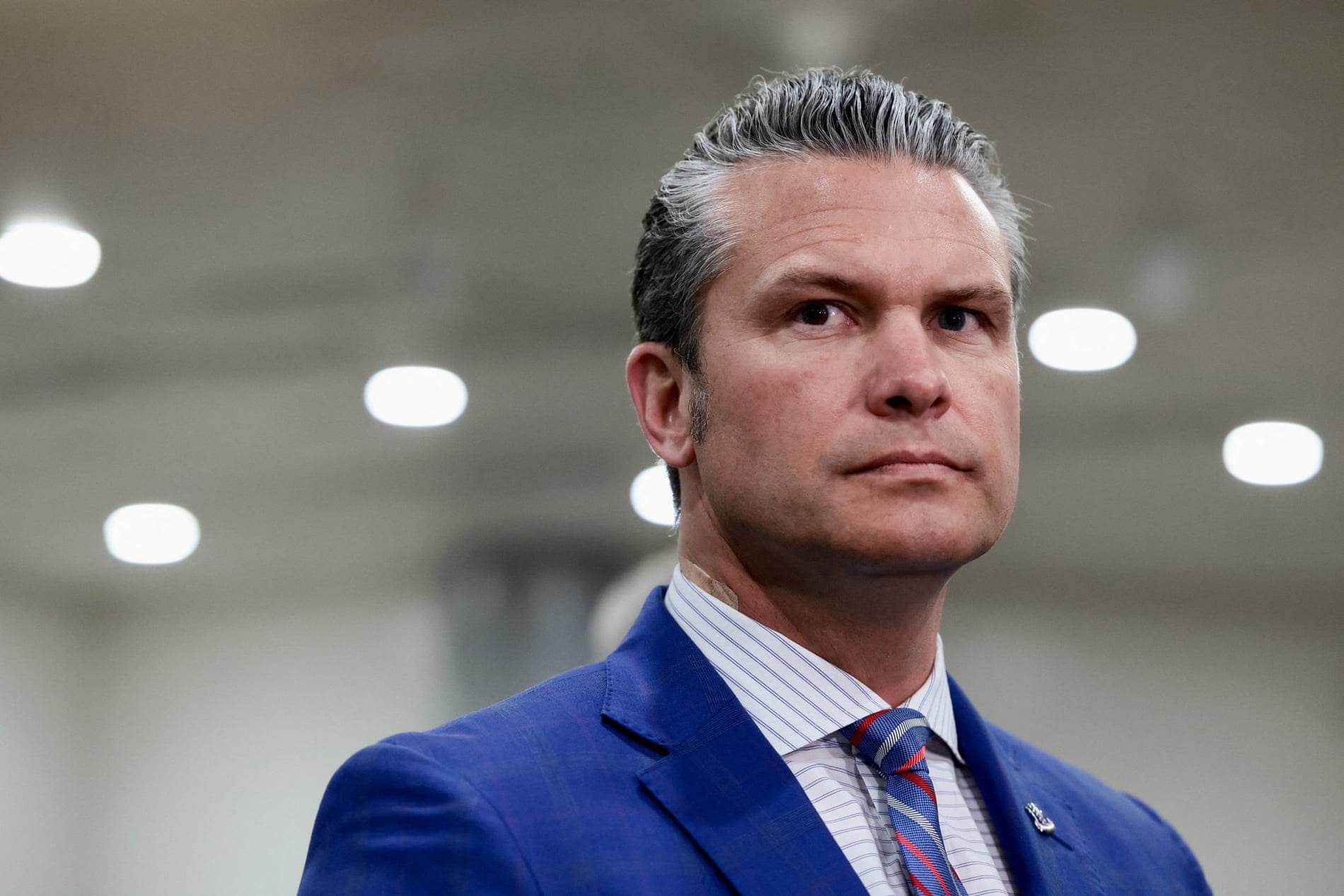 With Dakota Meyer standing at attention in his dress uniform, sweat glistening on his forehead under the television lights, President Barack Obama extolled the former Marine corporal for the “extraordinary actions” that had earned him the Medal of Honor, the nation’s highest award for valor.
With Dakota Meyer standing at attention in his dress uniform, sweat glistening on his forehead under the television lights, President Barack Obama extolled the former Marine corporal for the “extraordinary actions” that had earned him the Medal of Honor, the nation’s highest award for valor.
Obama told the audience in the White House East Room on Sept. 15 that Meyer had driven into the heart of a savage ambush in eastern Afghanistan against orders. He'd killed insurgents at near-point-blank range, twice leapt from his gun turret to rescue two dozen Afghan soldiers and saved the lives of 13 U.S. service members as he fought to recover the bodies of four comrades, the president said.
But there's a problem with this account: Crucial parts that the Marine Corps publicized and Obama described are untrue, unsubstantiated or exaggerated, according to dozens of military documents McClatchy examined.
Sworn statements by Meyer and others who participated in the battle indicate that he didn’t save the lives of 13 U.S. service members, leave his vehicle to scoop up 24 Afghans on his first two rescue runs or lead the final push to retrieve the four dead Americans. Moreover, it’s unclear from the documents whether Meyer disobeyed orders when he entered the Ganjgal Valley on Sept. 8, 2009.





 A Washington DC grand jury declined to indict six Democratic lawmakers who were denounced by...
A Washington DC grand jury declined to indict six Democratic lawmakers who were denounced by... The US defense secretary, Pete Hegseth, has said the Pentagon is ending all military training, fellowships...
The US defense secretary, Pete Hegseth, has said the Pentagon is ending all military training, fellowships...






























